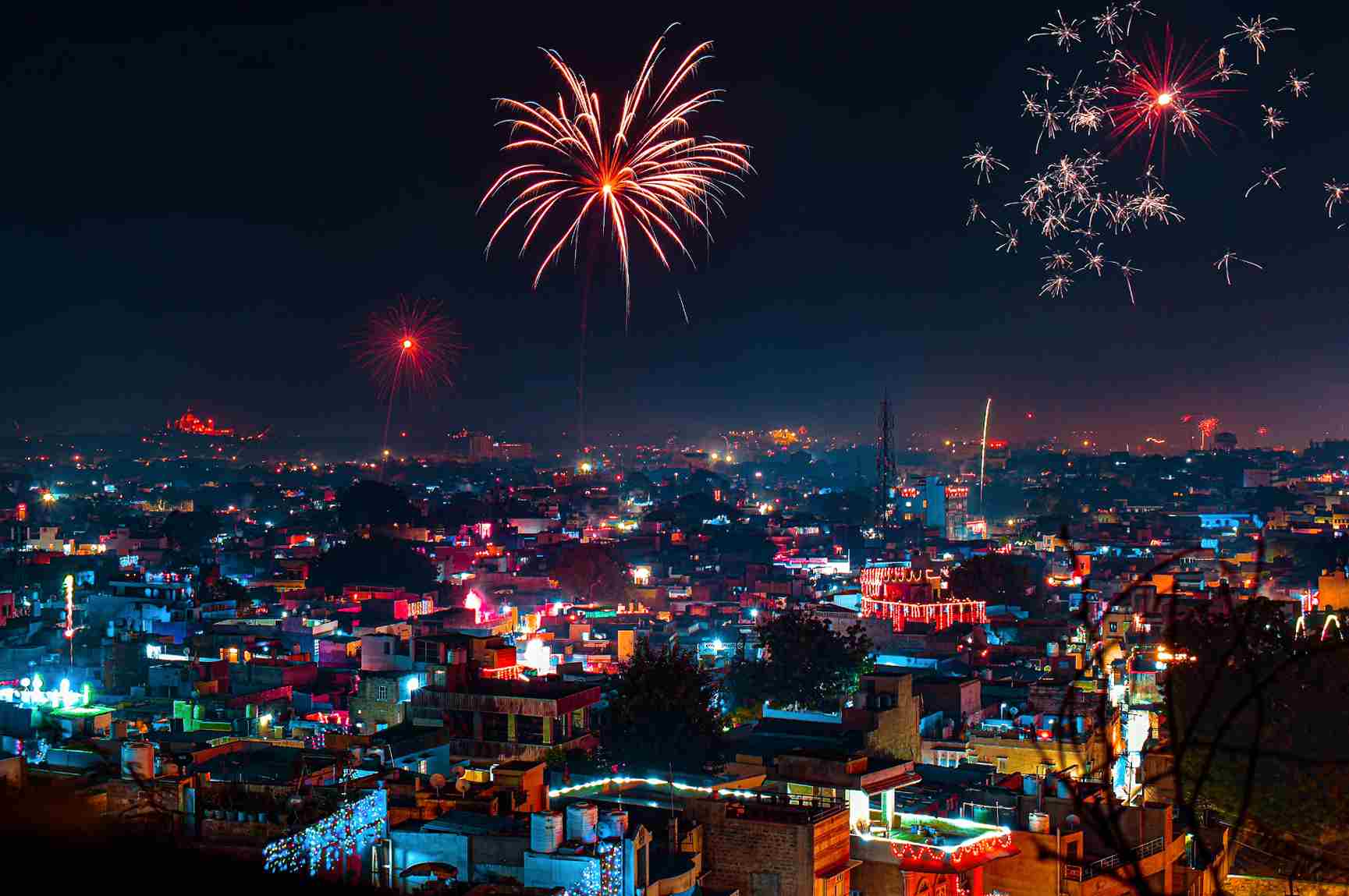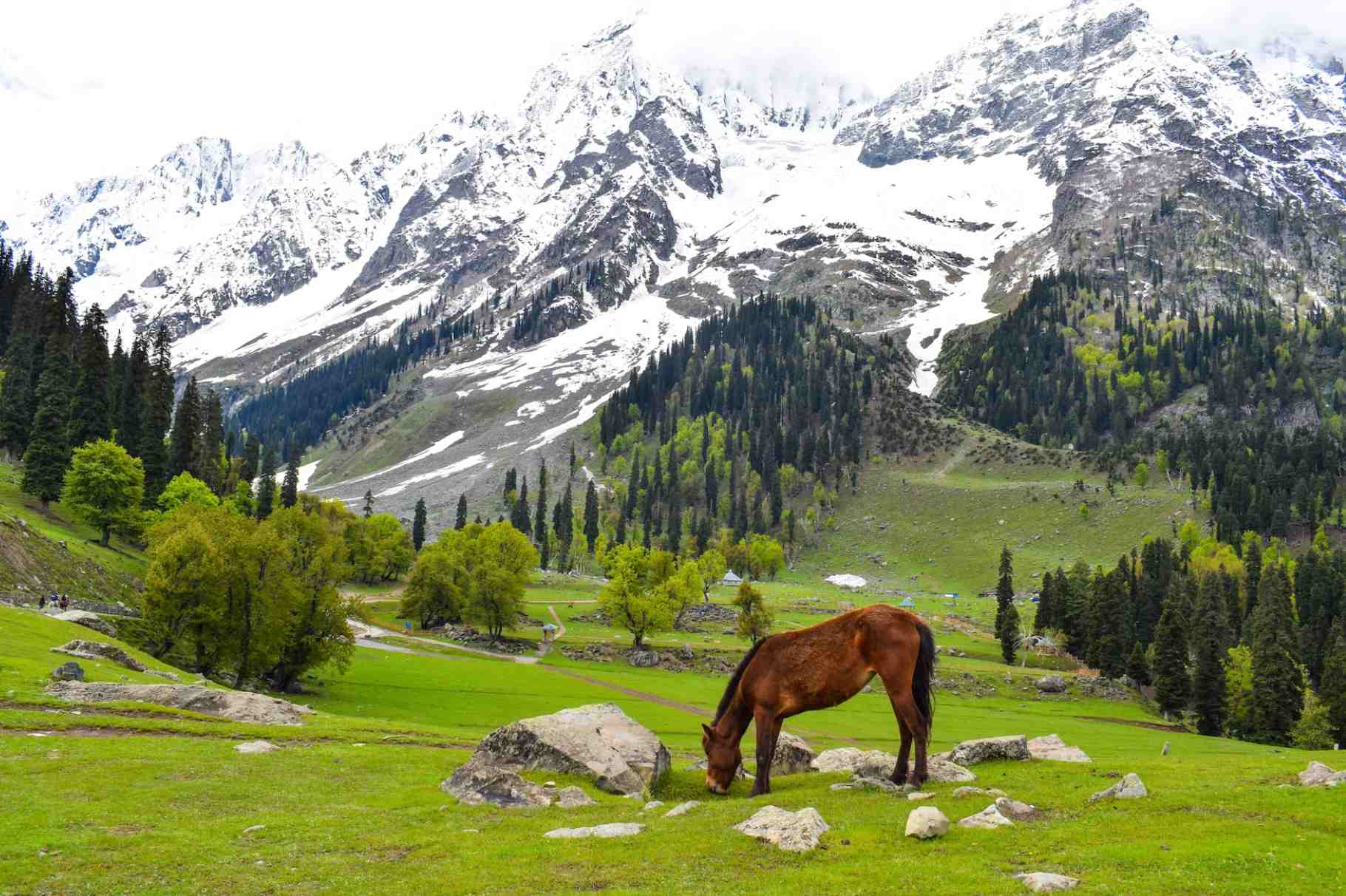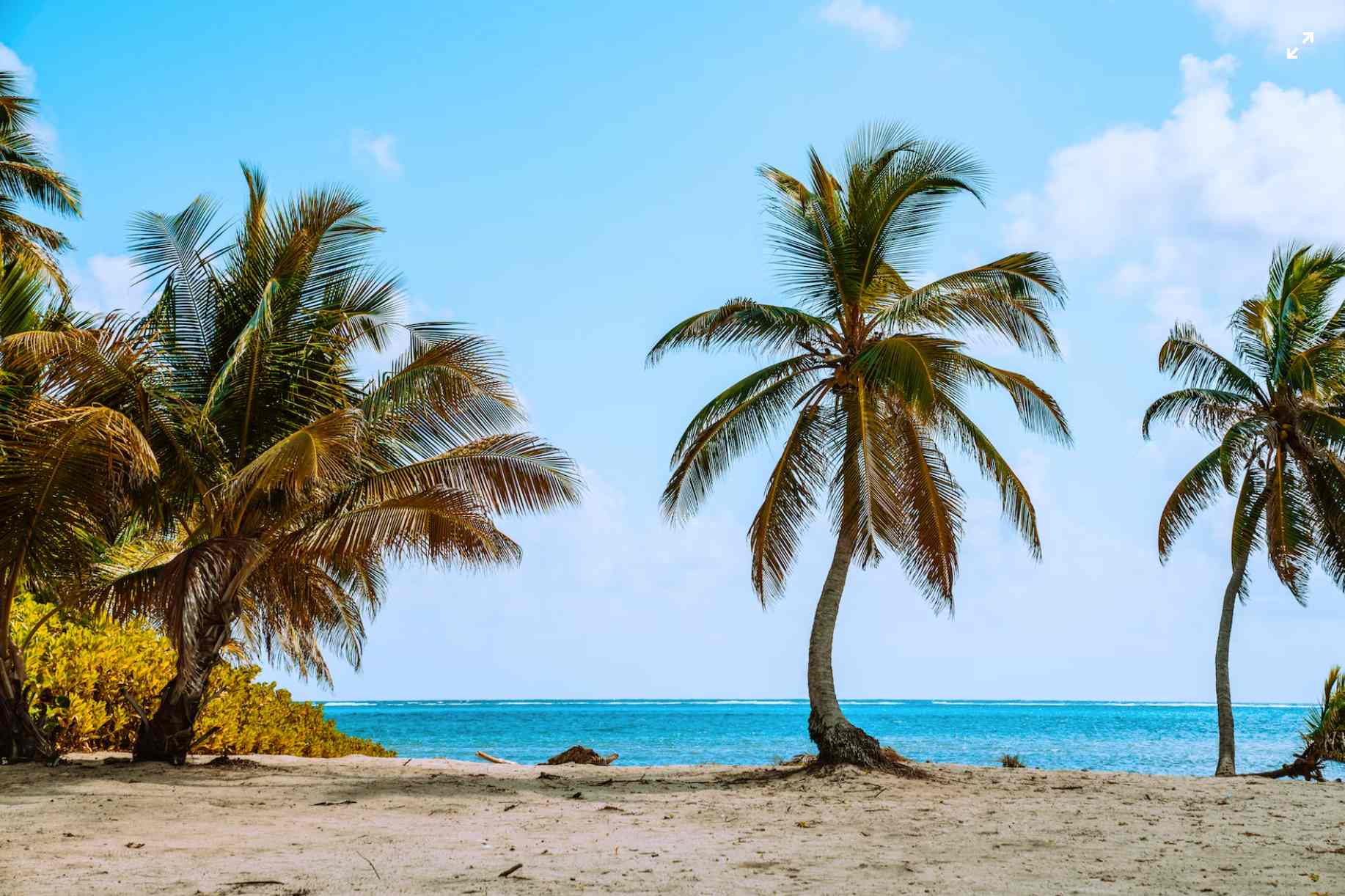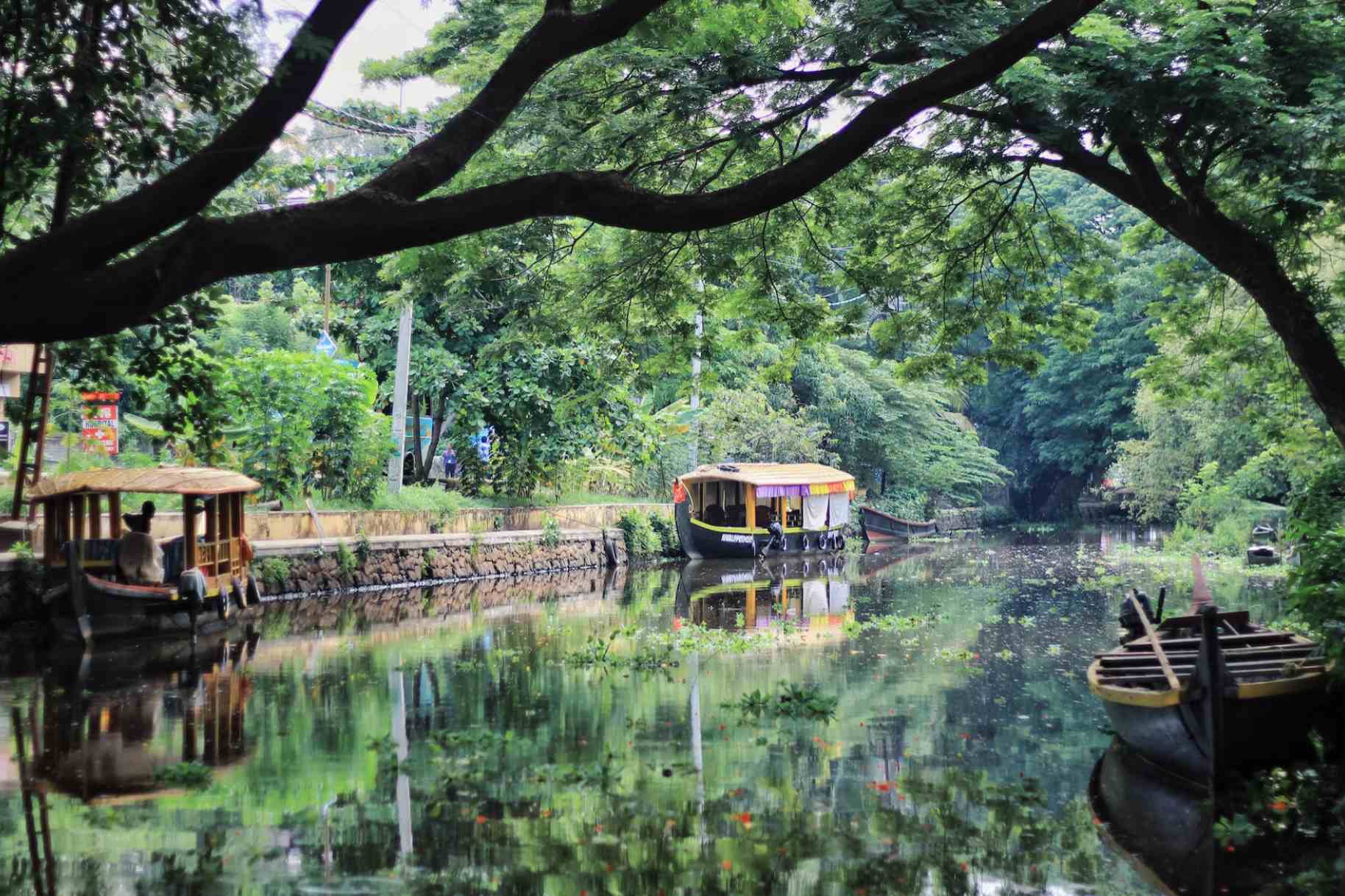The Impact of Tourism on Bali's Environment and Local Communities
Bali, known as the Island of the Gods, is one of the most visited tourist destinations in the world. Its natural beauty, rich culture, and affordable prices have attracted millions of visitors every year. However, the rapid growth of tourism on Bali has had a significant impact on the island's environment and local communities. In this article, we will discuss the effects of tourism on Bali and explore some solutions to mitigate these effects.
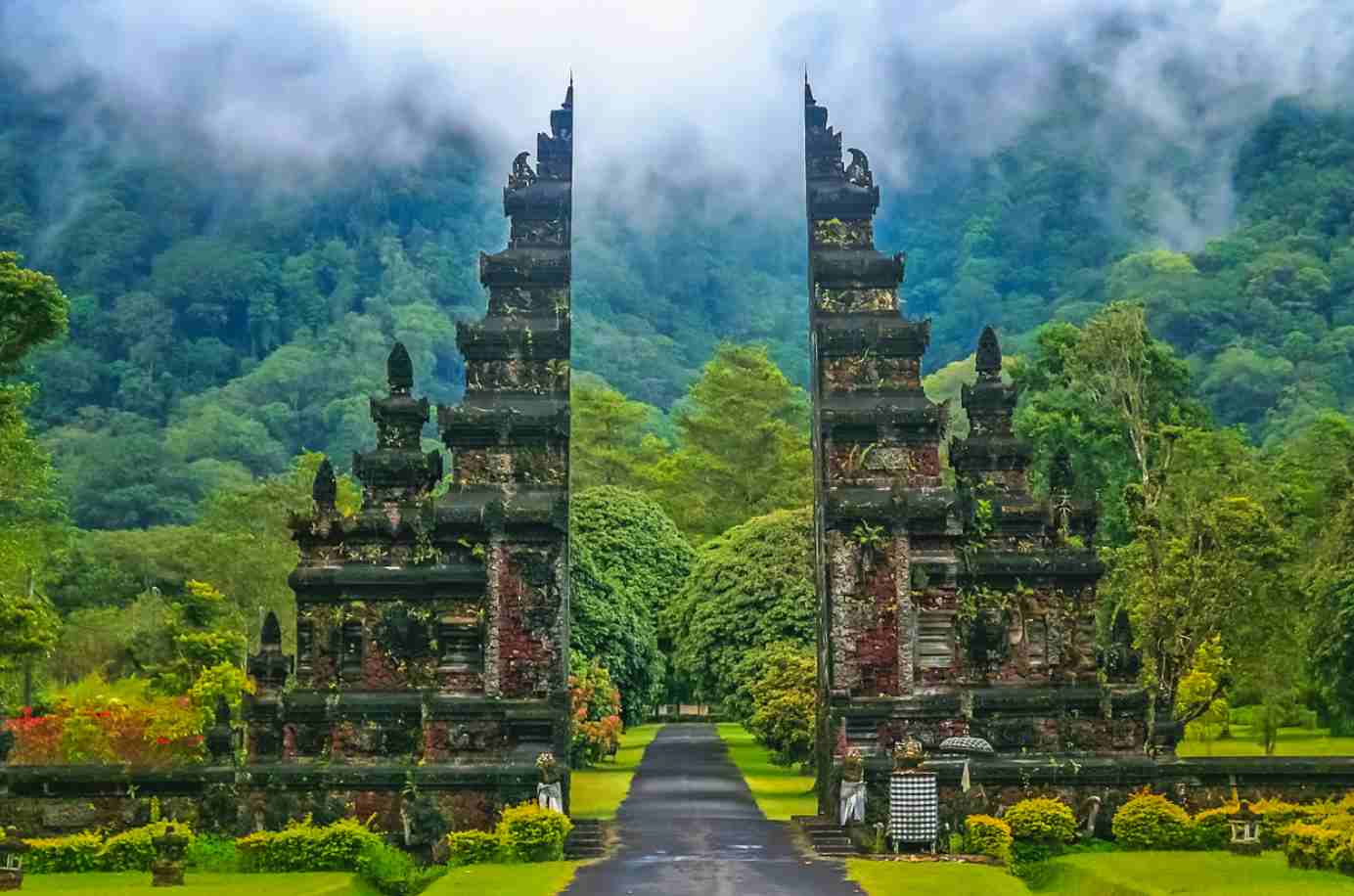
Impact on Bali's Environment
Tourism has had a considerable impact on Bali's environment. The massive influx of tourists has led to an increase in waste production and pollution. The island's beaches, once pristine and picturesque, are now littered with trash and plastic waste. The rapid construction of hotels and resorts has also led to the destruction of natural habitats and the loss of biodiversity.
Tourism has also contributed to water scarcity on the island. Bali relies heavily on its water resources for agriculture and daily use. However, the increased demand for water by hotels and resorts has led to the over-extraction of groundwater. This has resulted in the depletion of water reserves and the sinking of the island's water table.
Impact on Bali's Local Communities
The growth of tourism on Bali has also had a profound impact on the island's local communities. The influx of foreign investment has led to the displacement of local people and the loss of traditional livelihoods. Many Balinese people have been forced to move away from their homes and farms to make way for hotels and resorts.
Impact on Bali's Culture
Tourism has also had a significant impact on Bali's culture. The island's traditional way of life has been eroded by the influx of foreign visitors and their expectations. Many local communities have been forced to adapt to the demands of tourism, which has led to the commodification of their culture and traditions.
Solutions
To mitigate the impact of tourism on Bali's environment and local communities, several solutions can be implemented. These include:
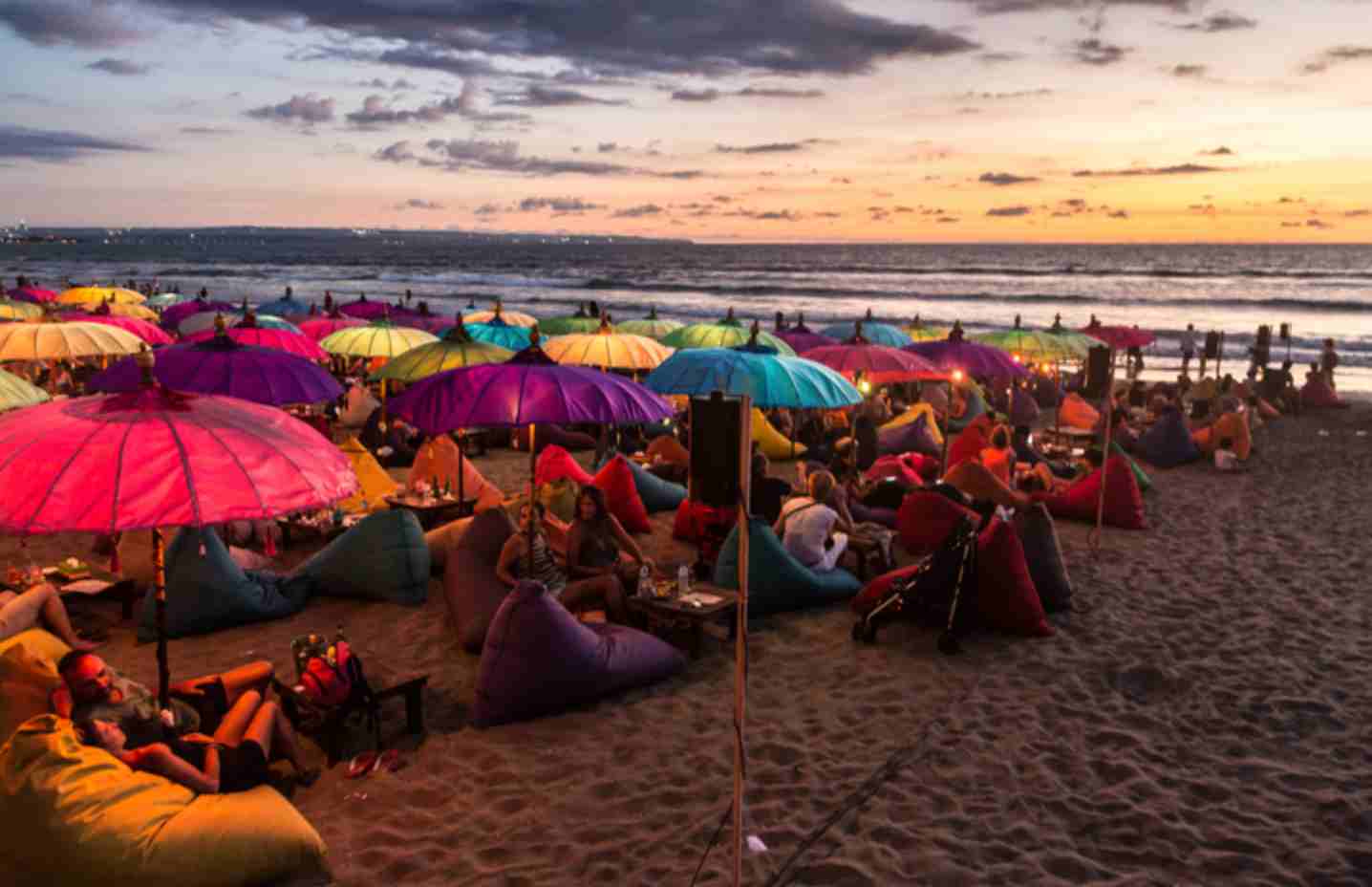
Sustainable tourism practices:
Sustainable tourism practices are those that aim to minimize the negative impact of tourism on the environment and maximize the benefits to the local community. Some examples of sustainable tourism practices that can be implemented on Bali include:
Waste reduction: Hotels and resorts can adopt waste reduction practices such as reducing the use of single-use plastics, implementing recycling programs, and composting food waste.
Water conservation: Hotels and resorts can implement water-saving measures such as installing low-flow showerheads, reducing irrigation for landscaping, and collecting rainwater for non-potable use.
Biodiversity protection: The tourism industry can support biodiversity conservation efforts such as reforestation, habitat restoration, and the protection of endangered species.
Responsible tourism:
Responsible tourism is a type of tourism that aims to minimize the negative impact of tourism on the environment and local communities while maximizing the benefits to the local economy. Some examples of responsible tourism practices that tourists can adopt while visiting Bali include:
Using eco-friendly products: Tourists can use reusable water bottles, shopping bags, and straws, and avoid using single-use plastics.
Reducing waste: Tourists can minimize waste by using refillable toiletry bottles, avoiding excessive packaging, and properly disposing of trash.
Supporting local businesses: Tourists can support local businesses such as small shops, restaurants, and tours, which helps to boost the local economy.
Community-based tourism:
Community-based tourism is a type of tourism that focuses on empowering local communities and promoting sustainable development. Some examples of community-based tourism initiatives that can be implemented on Bali include:
Homestays: Tourists can stay in local homes instead of hotels, which provides income for local families and allows tourists to experience the local way of life.
Cultural tours: Tourists can participate in cultural tours that are led by local guides and showcase the local culture and traditions.
Handicrafts: Tourists can purchase handmade crafts and souvenirs made by local artisans, which supports the local economy and preserves traditional craftsmanship.
Education:
Education campaigns can be developed to raise awareness among tourists and local communities about the importance of sustainable tourism practices. Some examples of education initiatives that can be implemented on Bali include:
Environmental education: Hotels and resorts can provide guests with information about the island's environment, biodiversity, and conservation efforts.
Cultural education: Tourists can participate in workshops and activities that teach them about Balinese culture, traditions, and way of life.
Sustainability education: Local schools can develop programs that teach students about sustainable tourism practices, environmental conservation, and responsible tourism.
By implementing sustainable tourism practices, promoting responsible tourism, supporting community-based initiatives, and raising awareness through education campaigns, we can mitigate the negative effects of tourism on Bali's environment and local communities. These solutions not only help to protect Bali's natural beauty and cultural heritage but also ensure that tourism benefits the local economy and communities.
The impact of tourism on Bali's environment and local communities cannot be ignored. The rapid growth of tourism has led to environmental degradation, the loss of traditional livelihoods, and the erosion of local culture. However, by adopting sustainable tourism practices, promoting responsible tourism, supporting community-based initiatives, and raising awareness through education campaigns, we can mitigate the negative effects of tourism and ensure that Bali's environment and local communities are protected for future generations.











